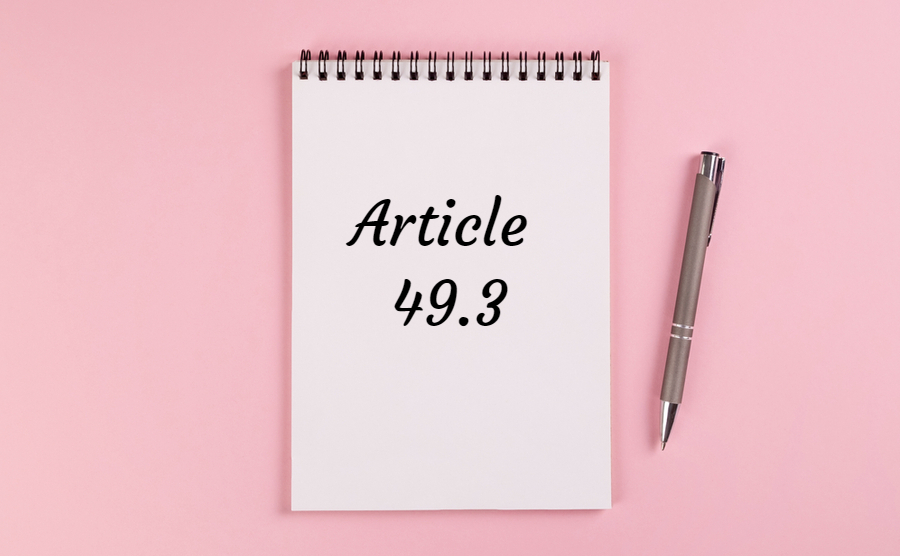The French government has been in the news lately as it has proposed to raise the pension age to 64 from 62.
One political mechanism in particular, article 49.3, has come up numerous times in connection with the highly contested pension reforms. We investigate this and see what it could mean for potential expats in France.

People in Paris in protest over pension reforms I Image: Pierre Banoori via Shutterstock
Find homes in France via our property portal.
What is the pension reform about?
President Macron’s government wants to push the pension age from 62 to 64 years old in order to preserve the country’s ‘share-out’ system.
The French public responded in anger and frustration, hosting multiple general strikes up and down the country. The government has based this decision on the fact that people are now living longer, therefor the alternative would be to cut pensions values or increase contributions from those in work.
It’s likely that both of these options would face the same, if not more, backlash.
President Macron said he is aligning the pension age with every other European democracy as most neighbouring countries have pension ages higher than the proposed 64. The BBC reports that up to 70% of the public continue to reject the reform.
Parliamentary voices on the other side agree that a pension reform is needed but have thus far failed to find a compromise.

Article 49.3 allows the change to pass without a majority vote
What is article 49.3?
Article 49.3 is a political mechanism that can be used to encourage legal changes through France’s Assemblée Nationale without requiring a majority vote from the chamber.
It was most recently used by prime minister Elisabeth Borne in October 2022, when she pushed the project de loi de finances pour 2023.
Following Macron’s invocation of constitutional force majeur, article 49.3, the opposition has tabled motions against the French government which will be heavily debated later this week. If one passes, it could lead to the fall of the government or even early elections.
The BBC reported, “A sacrificial victim will eventually have to be made – no doubt in the form of Prime Minister Élisabeth Borne.”
Whether it will come to that, remains to be seen.

Protester’s sign reads retirement before arthritis I Image: Hadrian via Shutterstock
What does this mean for my pension in France?
Currently, the reform hasn’t passed, so it doesn’t mean anything. Should it pass, and you be employed by a French company and/or residing in France when you reach pension age (the newly proposed 64), you will be required to work a further two year before becoming eligible to take retirement.
If you’re already retired in the UK or are approaching retirement from a UK company, do not worry. This ruling will not affect you should you move to France and the reform is passed. As you aren’t a French citizen or resident, you won’t be called on to return to work as your pension ruling falls under the jurisdiction of the British government.










